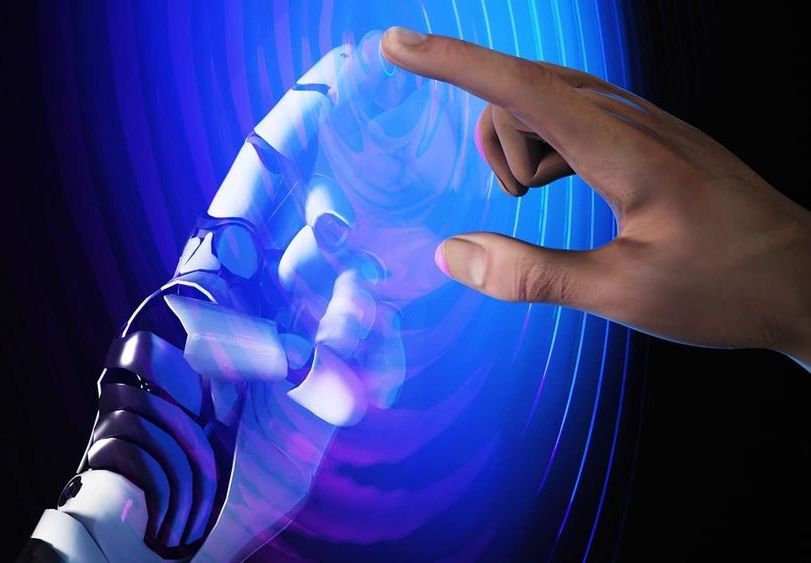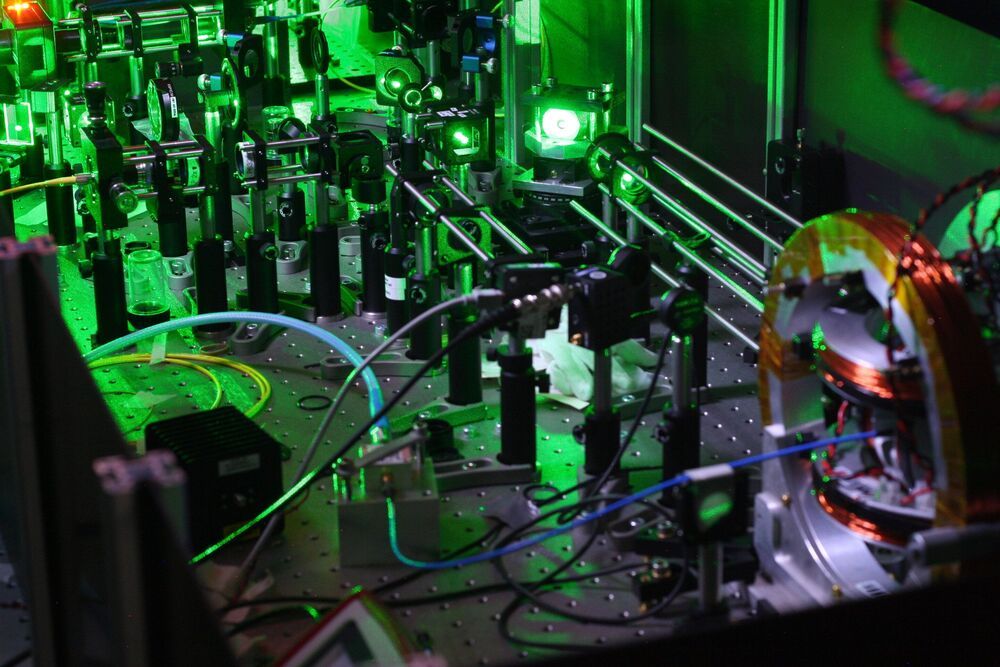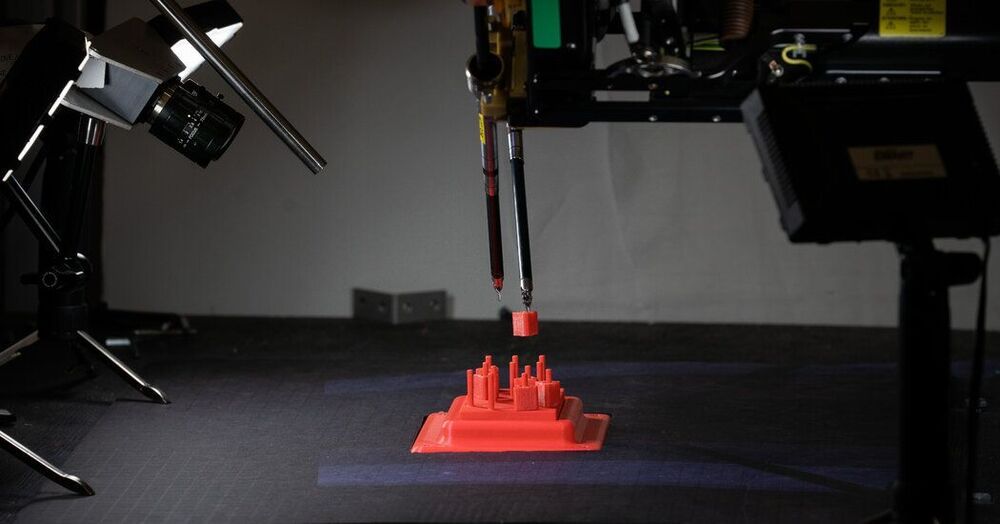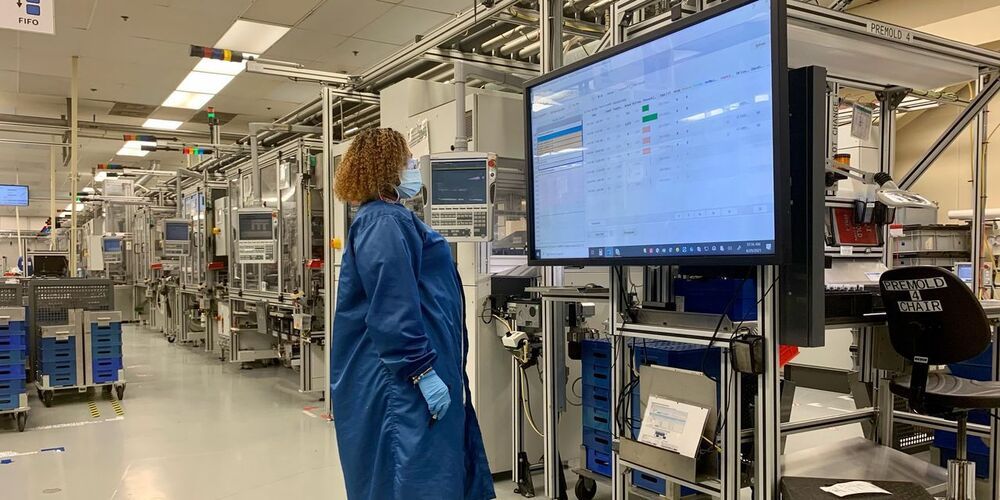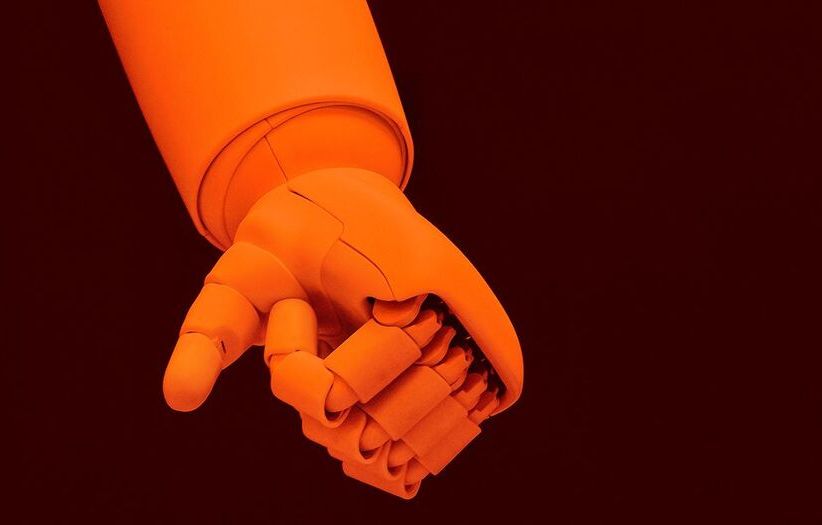Machine learning is capable of doing all sorts of things as long as you have the data to teach it how. That’s not always easy, and researchers are always looking for a way to add a bit of “common sense” to AI so you don’t have to show it 500 pictures of a cat before it gets it. Facebook’s newest research takes a big step toward reducing the data bottleneck.
The company’s formidable AI research division has been working for years now on how to advance and scale things like advanced computer vision algorithms, and has made steady progress, generally shared with the rest of the research community. One interesting development Facebook has pursued in particular is what’s called “semi-supervised learning.”
Generally when you think of training an AI, you think of something like the aforementioned 500 pictures of cats — images that have been selected and labeled (which can mean outlining the cat, putting a box around the cat or just saying there’s a cat in there somewhere) so that the machine learning system can put together an algorithm to automate the process of cat recognition. Naturally if you want to do dogs or horses, you need 500 dog pictures, 500 horse pictures, etc. — it scales linearly, which is a word you never want to see in tech.

